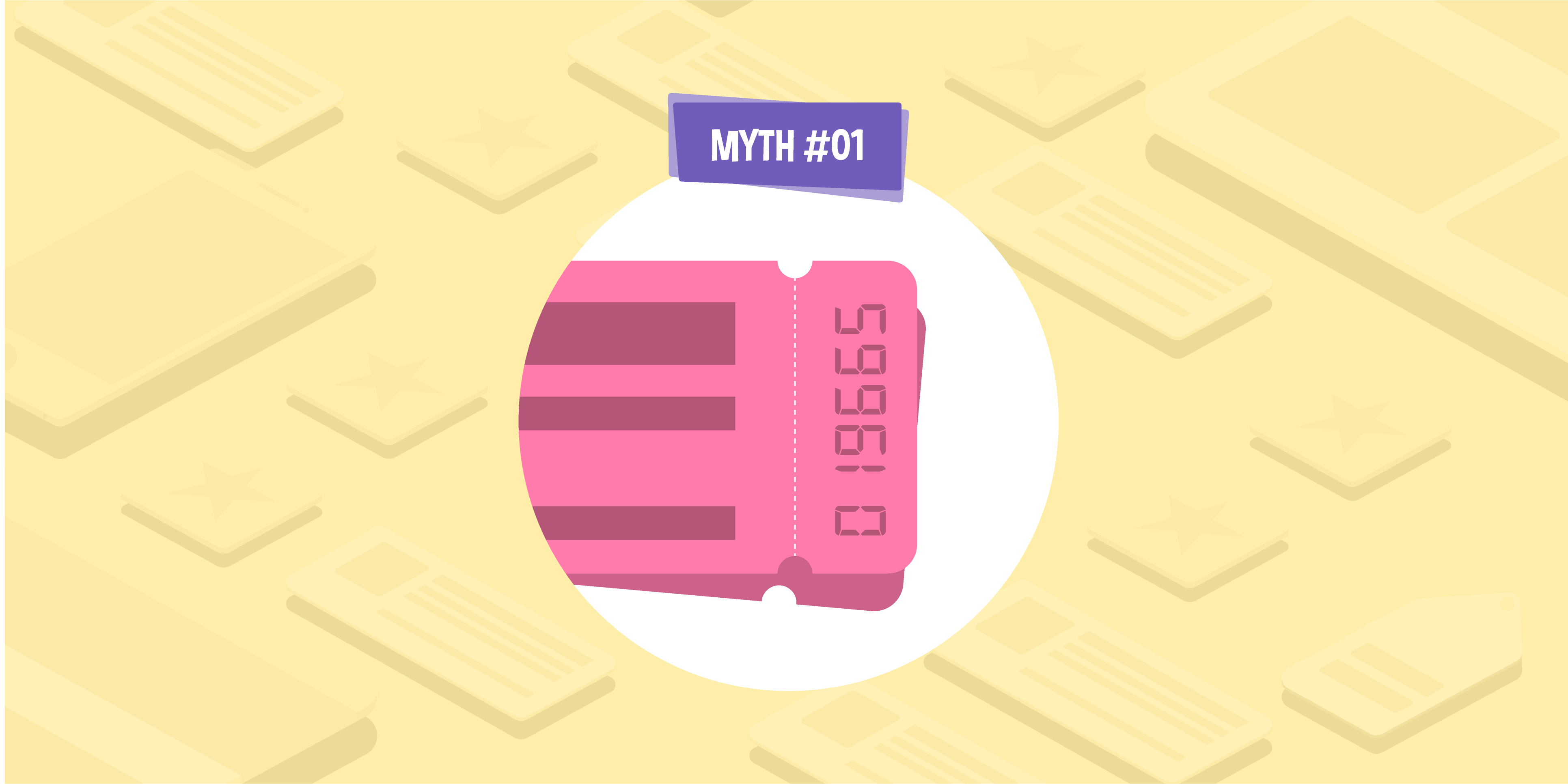
- 19 Feb 2016
- 4 Min read
Industry round-up: #RIPtwitter, competitive content, and Wikipedia ups its search game
In this industry round-up, we’ll give you the lowdown on Twitter’s algorithm change, show you what a new report reveals about the state of content marketing, and discuss whether Wikipedia will be entering the search engine game.
Twitter unveils a new algorithm
Twitter has announced a big change to its algorithm, and people aren’t happy. In fact, an article published on BuzzFeed announcing the news sparked uproar from many of the social network’s users, with many of them tweeting their disgust at the changes with the hashtag #RIPtwitter. So what’s going to change? Similar to the Facebook Newsfeed, your Home timeline will now start with tweets which the site has decided, based on the content you’ve previously engaged with, will be most relevant to you. This will be the case for the first half-dozen or so tweets on your timeline, with the remainder of the tweets still appearing in reverse-chronological order.
This may have big implications on the world of digital marketing. Jerry Daykin, Global Digital Partner at Carat, told The Drum that “the algorithm will likely favour content with higher engagement, so could slightly help established brands who can use larger audiences or promoted spend to give their content a head start”.
If Twitter continues down the route of having more of the content users see dictated by an algorithm, this effect could be magnified further, making promoted tweets more and more appealing to brands. Those who can’t afford to spend as much as their competitors may miss out.
Report reveals we’re producing more content and getting less engagement

A new report by digital marketing software provider TrackMaven has shown that while brands increased their content marketing output by 35% per channel in 2015, engagement actually dropped by 17%.
Their research involved 12 months’ worth of marketing activity from 22,957 brands, which included 50 million pieces of content shared across Facebook, Twitter, Instagram, Pinterest, LinkedIn, and blogs. These efforts generated a total of 75.7 billion interactions.
The above graph illustrates the data: content (the purple line) continues to slowly rise, while engagement (the yellow line) stagnates. In TrackMaven’s own words:
“This is content overload, quantified. As more content floods social networks, the slice of engagement for the average brand shrinks. With a limit to how much content can be consumed, liked, or shared, brands must create their own competitive advantages with distinguishing content.”
So how can you ensure your content marketing efforts don’t go to waste? Reading our recent blog post on targeted marketing is a good place to start.
Wikipedia ups its search game

The Knight Foundation has given the Wikimedia Foundation, the non-profit which owns Wikipedia, a grant of $250,000 towards the development of a ‘Knowledge Engine’. The agreement, which is available to read on the Wikimedia site, describes the project:
“The grant is to be used as follows: To advance new models for finding information by supporting stage one development of the Knowledge Engine by Wikipedia, a system for discovering reliable and trustworthy public information on the Internet.”
However, Wikimedia was quick to assert that the company isn’t planning on creating a search engine in the same vein as Google or Bing. This is made clear on a MediaWiki page about the Knowledge Engine, which specifically claims “we are not building another Google”. Instead, it would seem that the company is more interested in improving its existing search infrastructure in an effort to keep users on Wikipedia. At the moment, many users return to Google to make their next search, rather than relying on the Wikipedia search function.
So what impact might this have on the world of digital marketing? Well, Wikipedia claims it isn’t trying to compete with Google, but success of the Knowledge Engine will mean less traffic through traditional search engines. This could just go to prove that making content easily findable on your site is just as important as ensuring it ranks well in Google.
For more digital marketing insights, you can follow Glass Digital on social media. Connect with us on Facebook, Twitter, Google+, or LinkedIn.


